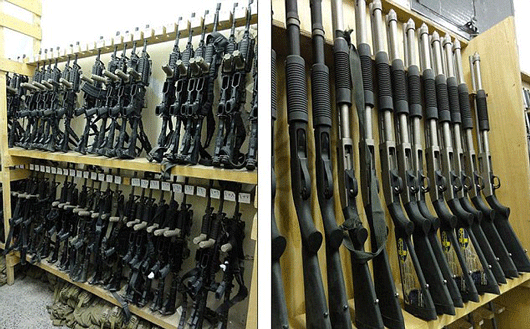
Local Editor
The Committees on Arms Export Controls (CAEC) has been reconvened following claims that Britain has been complicit in war crimes, allegedly carried out by the Royal Saudi Air Force which has been bombing Yemen for a year now.
CAEC’s investigation into the use of UK weaponry follows the announcement that legal action has begun against the UK Government over its supply of arms to Saudi Arabia.
The developments came ahead of the first anniversary today of air strikes in Yemen by a coalition of nations led by Saudi Arabia to support the nation’s president.
Over the past year at least 700 children have died amid allegations that civilians have been targeted by the Royal Saudi Air Force.
Last week a busy market was bombed in Hajja province with another 41 civilians killed.
Some 21 million Yemenis including 10 million children are in urgent need of humanitarian aid.
More than 8300 people - half of them civilians - have been killed amid allegations coalition war-planes have targeted civilians.
The Royal Saudi Air Force uses Eurofighter Typhoons and Tornados jets made in Britain.
The UK has supplied Saudi Arabia with Paveway missiles produced by US firm Raytheon at its factory in Glenrothes, Fife.
Pressure has been mounting on the UK Government to stop selling weaponry to Saudi Arabia.
The UN said there have been 119 "clear violations" of international law raising questions over the legality of UK arms sales to Saudi Arabia.
CAEC is investigating the use of UK-manufactured arms in the conflict in Yemen and whether criterion over arms export licenses have been breached.
It will also examine whether the Department for International Development should play a role in the granting of arms export licenses, potentially allowing it to block exports.
DfID admitted to Westminster’s International Development Committee that it had not been consulted over arms deals to Saudi Arabia despite providing £18m in urgent humanitarian aid to the country.
The SNP’s Douglas Chapman, MP for Dunfermline and West Fife, is a member of CAEC and involved in the cross-party inquiry which began this week.
He said: "Our committee took evidence from human rights groups this week, and they were keen to stress that they believe violations of international humanitarian laws had occurred and that there had also been serious breaches of the Arms Trade Treaty. This is the very treaty to which the UK played such a major role in encouraging other nations to support."
"Indeed, a representative from Human Rights Watch said in his evidence that they had identified 36 air strikes from the Saudi-led coalition, which they deem as human rights violations and Amnesty said that the UK’s weapon sales to Saudi Arabia were ‘not just ill-advised, but we’re actually illegal."
"There needs to be independent scrutiny of the situation in Yemen."
Meanwhile, law firm Leigh Day has begun proceedings against the UK Government on behalf of Campaign Against Arms Trade(CAAT).
The formal legal action in the High Court will challenge the government’s decision to export arms in light of claims that Saudi forces are violating international humanitarian law(IHL).
If permission for the judicial review is granted the High Court will be asked to investigate whether the continued arms exports contravene the UK government’s commitments under UK and European arms export regulations.
CAAT said that a range of international organizations including a UN Panel of experts, the European Parliament and many humanitarian NGOs, have condemned the ongoing Saudi air strikes against Yemen as unlawful.
The violations of IHL law found by these bodies listed include a failure to take "all precautions in attack" as required by international humanitarian law.
Andrew Smith of Campaign Against Arms Trade said: "We welcome the investigation, but the arms sales should never have been agreed in the first place. The Saudi regime has an appalling human right record."
"What’s needed isn’t the revoking of a few licenses, it’s a total change in UK foreign policy and an end to the uncritical support that successive UK governments have given to the Saudi regime."
"Yemen is very far away, but there are arms companies in Scotland that have directly fuelled and profited from the destruction. It would not have been possible without the arms and complicity provided by governments like the UK and arms companies like Raytheon and BAE Systems."
CAAT added there were 12 arms firms with links to Saudi Arabia in Scotland and that BAE Systems made radars for Eurofighter Typhoons between 2011 and 2013 at a factory in Dalgety Bay, Fife.
Another firm called Chemring has an explosives factory in Ayrshire and in 2013 generated £97.6m from arms sales to Saudi Arabia.
Sources: News Agencies, Edited by Website Team